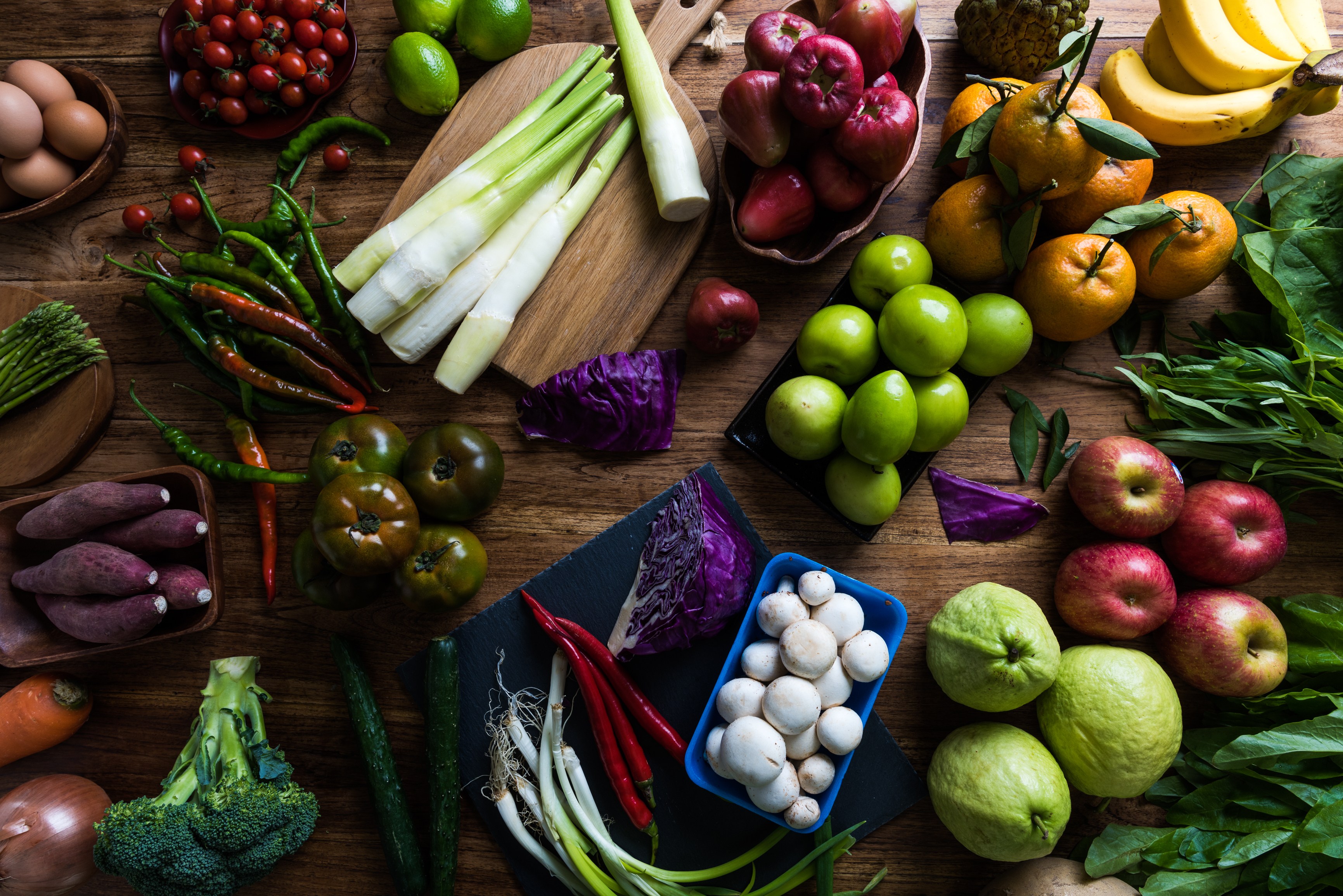When planning for a new addition to your family, a prenatal vitamin with folic acid and docosahexaenoic acid (DHA) — an omega-3 fatty acid — helps ensure you have an optimal amount of nutrients stored in your body at the time of conception and throughout your pregnancy. Adequate folic acid helps prevent neural tube defects in the baby and DHA helps brain development. Your primary care physician can prescribe the best prenatal vitamin for you. You may also benefit from a vitamin D supplement if you’re deficient. Vitamin D helps support immune function, healthy cell division and regulates the levels of calcium and phosphate in your body. Vitamin D has also been shown to help support pregnancy and may prevent preterm delivery.
Most prenatal vitamins will meet your daily requirements for many micronutrients. However, regardless of vitamins and supplements, eating minimally processed nutrient-rich foods before you even become pregnant is crucial for a healthy pregnancy throughout all trimesters.
Whenever possible, eat more whole foods and avoid foods with high pesticide residue. Organic foods do not have pesticides nor are they genetically modified. This can help decrease the developing baby’s exposure to potentially harmful chemicals.
While pregnant, stay away from certain foods and substances that may harm the baby or increase the risk of illness for you. These foods include:
- Large amounts of refined sugar, such as juice, soda and other sugary beverages.
- Excessive amounts of caffeine, which can increase risk of miscarriage early on in the pregnancy. The recommended level of caffeine should be less than 300mg per day.
- Raw shellfish, as the majority of seafood-borne illnesses are caused by undercooked shellfish, including oysters, clams and mussels. While cooking shellfish helps prevent some types of infection, it does not prevent the algae-related infections that are associated with red tides.
- Raw eggs or any foods that contain raw eggs due to the potential exposure to salmonella.
- Unpasteurized milk, raw meat, smoked seafood and deli meat can be contaminated with listeria and can cause miscarriage.
- Fish with high levels of mercury; if consumed during pregnancy, studies show it has been linked to developmental delays and brain damage.
- Fish from contaminated lakes and rivers that may be exposed to high levels of polychlorinated biphenyls.
Another thing to consider is the health of the male sperm. The overall health of the man influences the sperm three months before conception. If the father has healthy habits before conception, and continues those behaviors as a way of life, then it will help make the baby’s gene expression healthier and easier for the family to live a healthy lifestyle after baby is born. In other words, the whole household should eat healthy, not just mom. It’s much easier to sustain healthy eating habits if everyone is doing it.
Throughout pregnancy, you should eat healthy, balanced meals and snacks, drink plenty of water, get adequate rest and do 30 to 60 minutes of physical activity, unless otherwise noted by physician. While it’s okay to indulge once in a while, make sure that nutrient dense foods are the main foundation of your diet, about 85 percent or more. Good nutrition is the building block for a healthy pregnancy and baby.
Weight gain recommendations during pregnancy depend on the mother’s pre-pregnancy weight. Women who conceive at a healthy BMI — defined as between 18.5 to 24.9 — should gain about 25 to 35lbs. Women with lower BMIs may need to gain more and women who are overweight, obese or morbidly obese should likely gain less. Check with your physician about how much weight gain is healthy for you and your baby.
Following a well-balanced eating plan will help support both moms and their babies, both during their pregnancy and after the baby is born. For more information, or to discuss your specific nutritional needs with a registered dietitian nutritionist (RDN), please visit www.acpny.com to schedule an appointment with any of our nutrition experts.





